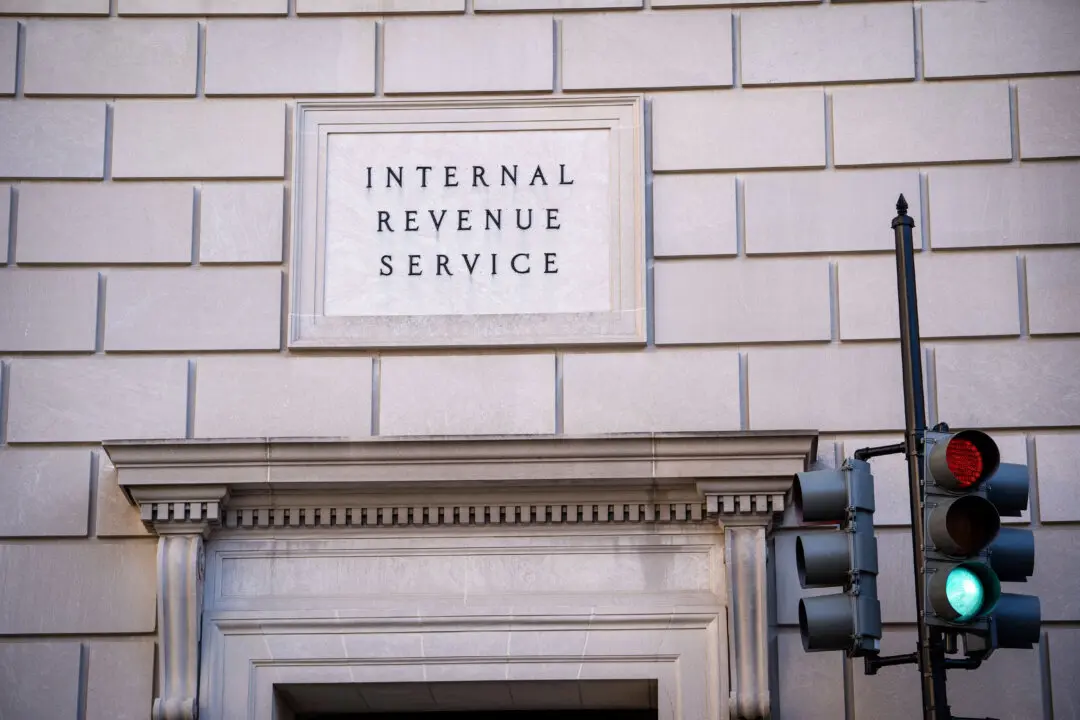The U.S. government has warned Americans against traveling to China due to the arbitrary enforcement of laws by the Chinese communist regime that can result in people getting jailed without even being aware of their alleged crimes.
According to the advisory, China is classified a “Level 3,” meaning that prospective visitors should “reconsider travel” to the Asian nation. It is the second-highest of the four levels of travel advisories issued by the State Department.
The advisory stated that foreign government personnel, academics, journalists, and business people, among others, have been “interrogated and detained” by Chinese officials for allegedly violating national security laws.
“PRC authorities appear to have broad discretion to deem a wide range of documents, data, statistics, or materials as state secrets and to detain and prosecute foreign nationals for alleged espionage.”

Exit Bans
The travel advisory warned that officials in China could detain U.S. citizens for conducting research, accessing publicly available material, and sending private electronic messages critical of the Chinese regime.In addition, Beijing has used restrictions on travel and departure, also known as exit bans, to force foreign individuals to take part in government investigations, pressure their family members abroad to return to China, resolve civil disputes in favor of Chinese citizens, and gain leverage over other nations, the advisory stated.
“U.S. citizens might only become aware of an exit ban when they attempt to depart the PRC, and there may be no available legal process to contest an exit ban in a court of law. Relatives, including minor children, of those under investigation in the PRC may become subject to an exit ban.”
China’s Espionage Laws
On July 1, China’s Foreign Relations Law came into effect. The law authorizes the Chinese regime to take necessary countermeasures against acts deemed a threat to the security and interests of the country.“In the past, obtaining so-called classified national secrets was considered espionage. Now, anything that hinders national security is deemed espionage,” he said.
“According to this law, conducting industry research is considered a threat to economic security, and investigating the backgrounds of officials can be seen as a matter of national security.”





